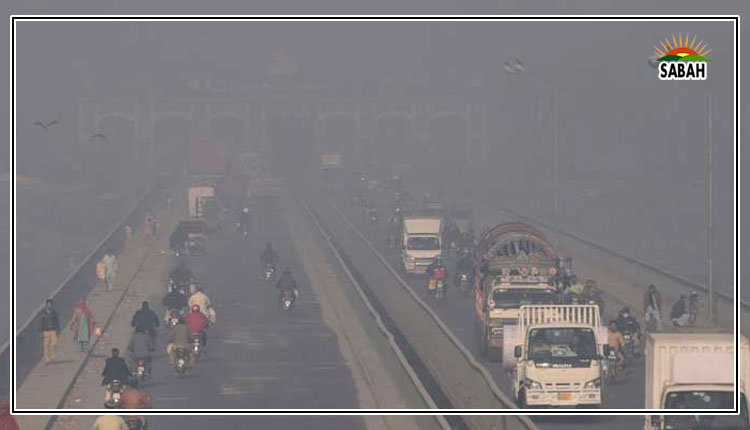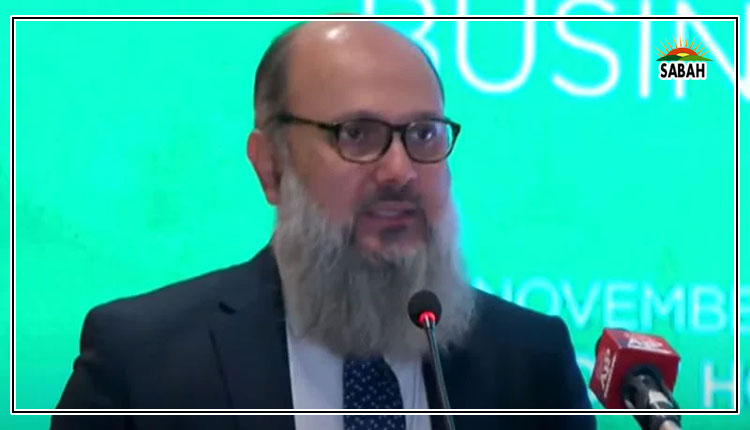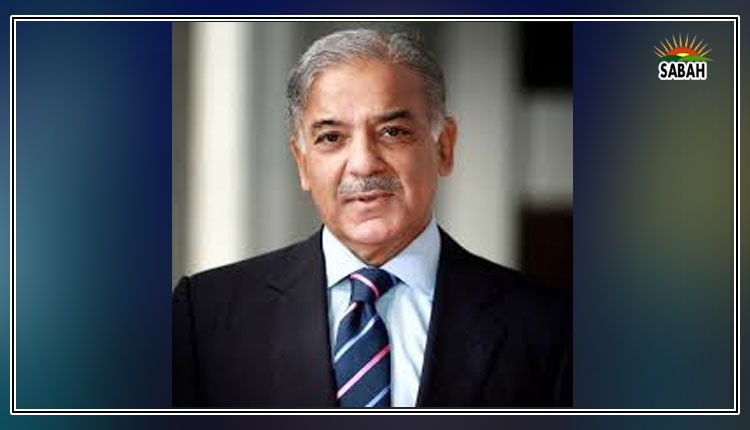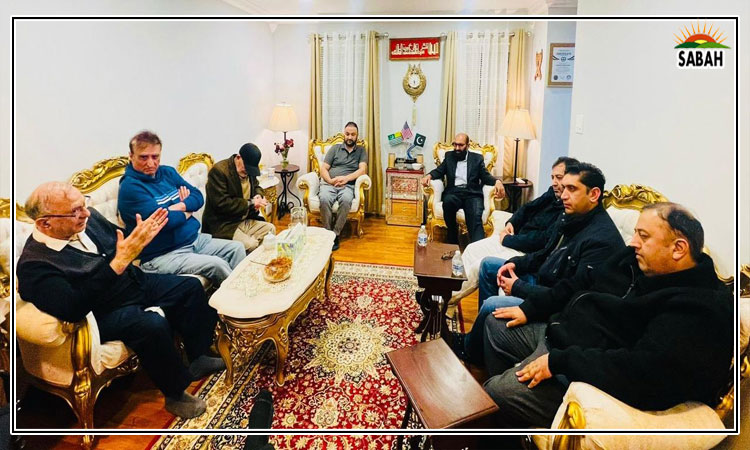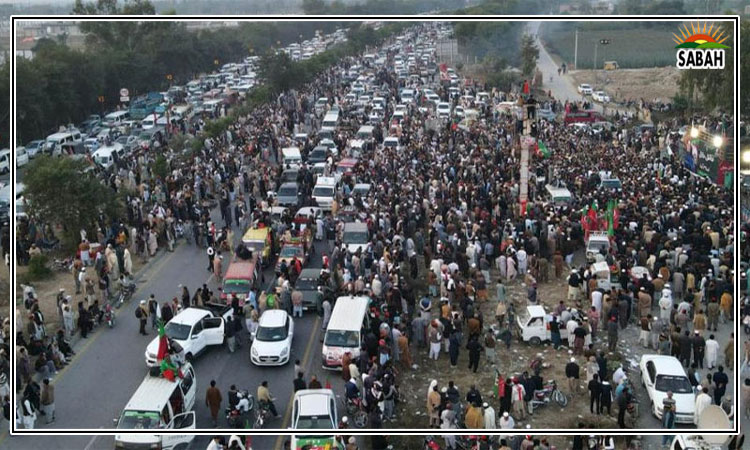Legislative autocracy…Muhammad Faizan Shaukat
Pakistans political terrain, where the drive for democratic stability is constant, sees the formation of a new narrative. As the ruling PML-N and its coalition PPP push forward with legislative proposals to abolish the caretaker setup and the National Accountability Bureau (NAB), a question arises: will democracy prevail or will the game be rigged in favour of political expediency?
The proposal to abolish the caretaker setup system in Pakistan bears resemblance to removing the referee from a football match and entrusting one of the teams to officiate its game. While established democracies like the US and the UK may function without such a setup due to their robust electoral systems and minimal concerns regarding the integrity of their processes, the absence of a caretaker government in Pakistan raises alarm bells. It risks echoing the troubling trends seen in India, where the current BJP-led government has faced accusations of leveraging state machinery for political ends, especially in the lead-up to the 2024 elections.
Instances include the apprehension of political opponents, notably CM Delhi Arvind Kejriwal, and the controversial freezing of the bank accounts of leaders of the Indian Congress, obstructing their ability to finance electoral campaigns. Such actions not only cast doubt on the fairness of the electoral process but also underscore the dangers of concentrating power within the ruling party without adequate checks.
In a country like Pakistan, where electoral rigging and manipulation persist as pervasive issues, the absence of a caretaker setup would be particularly perilous. It would render the electoral process vulnerable to undue influence and compromise its fairness and credibility. Allowing the sitting premier to retain power until the transfer of authority to the next government poses a significant risk to the impartiality of the electoral process.
This move not only undermines democratic principles but also opens the door to the potential abuse of power and manipulation of election outcomes. Therefore, the proposal to abolish the caretaker setup system in Pakistan must be approached with utmost concern, given the unique challenges and historical context of the countrys electoral landscape.
Similarly, the proposal to abolish NAB instead of implementing much-needed reforms is tantamount to throwing the baby out with the bathwater. While it is undeniable that NAB has been used for political witchhunts and selective accountability, its complete abolition will be a grave mistake. It is crucial to examine the experiences of other nations in combating corruption.
Malaysia provides a pertinent case study where the Malaysian Anti-Corruption Commission (MACC) has played an important role in addressing graft and malfeasance within the government, especially its investigation into the 1Malaysia Development Barhad (1MDB) scandal, one of the biggest scandals in history involving allegations of embezzlement and money laundering totaling billions of dollars. Despite political pressure, the MACC managed to uncover widespread corruption at the highest levels of government. Now imagine, should Pakistan abolish NAB, who will be tasked with curbing the rise of corrupt entities like 1MDB in Pakistan?
The proponents of this legislation need to understand that the prudent approach is to cut the nails themselves instead of resorting to the drastic measures of cutting off the fingers. Lawmakers should focus on strengthening NABs institutional framework, strengthening its transparency and ensuring due process. Reforms are required to establish independent oversight mechanisms to mitigate its use as a political witchhunt. Because protecting against political interference is essential to preserving the integrity and effectiveness of anti-corruption efforts.
While stability in government and a strong prime minister are essential for Pakistans democratic development, it is crucial to ensure that the proposed legislative changes do not concentrate excessive power in the hands of any single individual or entity. Just as a well-coordinated team ensures victory on the field, the principle of separation of powers ensures a balanced governance strategy. If one player tries to dominate the game, the team suffers, and victory becomes elusive.
Similarly, if one branch of government exerts undue influence, the balance of power is disrupted, and democracys innings are at risk. Maintaining the principle of separation of powers is like upholding a cohesive cricket team, where each players contribution is crucial to securing victory for democracy.
Among these troubling developments, there are some positive proposals on the table, such as the restoration of the original wording of Articles 62 and 63 and the empowerment of local governments. The restoration of Articles 62 and 63 will ensure a stable premier office, which is, undoubtedly, the need of the hour, and the efforts to empower local government too deserve applause as they will bring governance closer to the people and will serve as a breeding ground for future leaders. However, these developments must not be used as a smokescreen to distract from the more egregious aspects of the proposed legislative agenda.
In the light of these threats to democracy, it is incumbent upon civil society, the media and conscientious lawmakers to speak out and defend the principles of democratic governance. History has shown us time and again that democracy is fragile and must be nurtured and protected. Pakistans democratic journey has been fraught with notable challenges and sacrifices, and it is necessary to note that we do not want to squander the gains made at such great cost.
Instead of emulating the practices of authoritarian regimes, Pakistan must look to established democracies for inspiration and adopt reforms that strengthen institutional checks and balances, promote accountability and protect the rights and freedoms of its citizens. Only then can Pakistan realize its full potential as a strong and resilient democracy.
Courtesy The News


